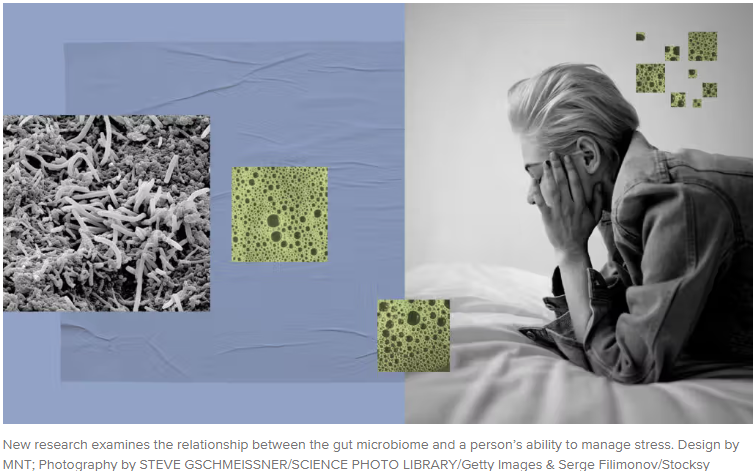News

New colorectal cancer cell-free DNA blood test approved by FDA and used in patients in the United States
Guardant Health, a biotechnology company based in Palo Alto, California, USA, has had one of its blood tests for colon cancer approved by the FDA. Shield is advertised as a, ‘a colon cancer screening option to get excited about’ for patients. The public regards colonoscopies as a screening option not to be excited about. A blood sample is taken and sent to Guardant Health for the Shield test. The test identifies colorectal cancer-specific alterations in cell-free DNA and is for use in colorectal cancer screening in individuals at risk for colorectal cancer aged 45 years or older.
While excellent as a preliminary diagnostic tool, the test has several limitations. Shield has limited detection of Stage I colorectal cancer and has limited effectiveness at detecting precancerous lesions. Shield is effective in detecting Stage II-IV colorectal cancers. Shield is marketed towards the general public who are otherwise healthy. It is not intended for patients with a family history of colorectal or other cancers, or with a previous positive result in the last 6 months. It is also not intended for patients with Inflammatory Bowel Disease, chronic ulcerative colitis, or Crohn’s Disease. While it doesn't replace colonoscopies and is intended as a routine test for otherwise healthy patients, doctors are optimistic about its potential to improve screening rates.
Dr. Arvind Dasari from MD Anderson Cancer Center called the approval a “welcome development” but noted, “We’ll have to wait and see what the impact will be.” Another doctor, Dr. William Grady from Fred Hutchinson Cancer Centre highlighted the importance of screening, saying, “What breaks my heart is that it’s preventable, one of my biggest joys is when I’m doing a colonoscopy and I can take out polyps that, if left alone, would have progressed to cancer.” emphasizing that colonoscopy remains the most accurate method but noting that a blood test is convenient for many people.

Gut microbes – the key to handling stress?
Stress can have huge impacts on our body, suppressing our immune system and increasing our risk of diseases like cancer, as well as mental health issues like anxiety and depression. An exciting new study published in Nature Mental Health shows resilience to stress may lie within our gut.
The latest research from UCLA shows that people who are resilient in the face of stress have unique brain activity and microbial composition in their gut. This study recruited 116 people without mental health diagnoses and evaluated their resilience using a psychological scale. Participants then underwent magnetic resonance imaging (MRI) for brain activity and gave stool samples to assess their gut microbial composition.
The study found that highly resilient people had greater brain activity in areas associated with emotion regulation and mindfulness and lower activity in areas associated with anxiety and depression, as measured by MRI. Within the microbiome of these highly resilient people, they found the presence of gut bacterial signatures associated with anti-inflammatory processes, improved gut barrier function, and increased environmental adaptation.
This research shows an unappreciated link between the gut and the brain, particularly the ability of gut microbes and microbial compounds to influence brain processes, including our response to stress.
Source: https://www.nature.com/articles/s44220-024-00266-6